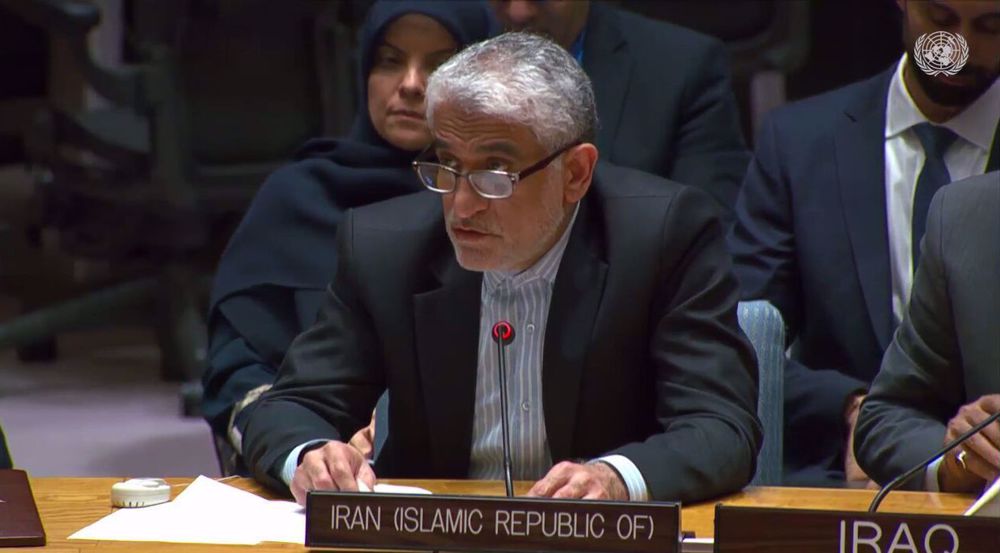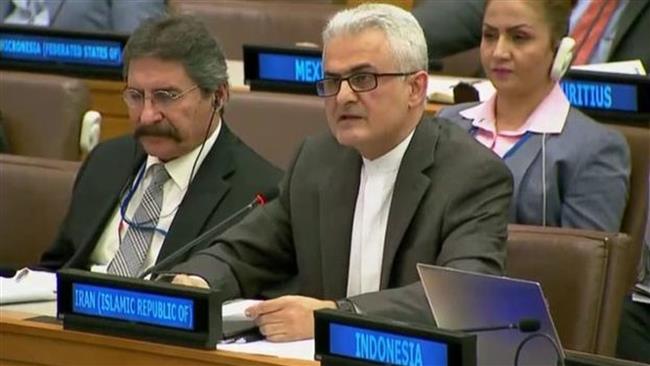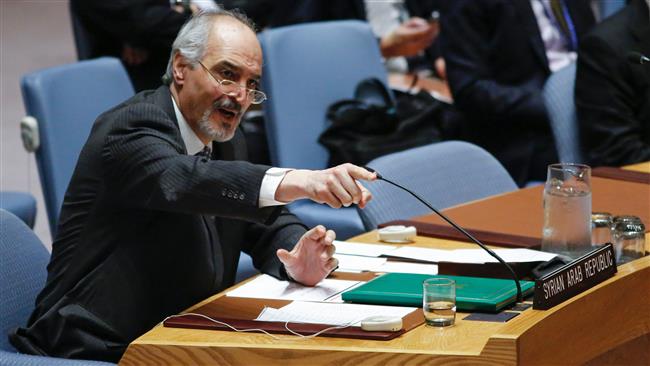New Syrian law bans Muslim clerics from stoking sectarian rift
Syria has endorsed a legislation that forbids Muslim preachers from "stoking sectarian strife" as the Arab country's fight against foreign-sponsored Takfiri terrorist groups is drawing to a close.
President Bashar al-Assad signed into law the new bill expanding the powers of the Ministry of Awqaf (Religious Endowments), which oversees Islamic affairs in Syria.
The legislation prohibits Muslim clerics from "taking advantage of religious platforms for political purposes," but non-Muslim communities are not affected by the law.
Under the new measure, the Syrian Awqaf minister is tasked with appointing the Grand Mufti, whose term is renewable every three years. Previously, he was named by the president for an unlimited term.
Additionally, the law assigns the Awqaf minister to oversee religious schools, head the Council on Islamic Jurisprudence, and regulate religious programming on media outlets.
It further bans Muslim imams from traveling abroad or attending conferences even inside Syria without the Awqaf minister's permission.
Syria's Awqaf Minister Mohammad Abdul-Sattar al-Sayyed hailed the new rule as a "huge achievement."
"This is the first time there's a law that issues controls and standards for religious work and conditions for appointing imams and preachers," he said.
The new legislation is meant to regulate religious discourse in a bid to confront Takfiri extremism, which is a trademark of many terror outfits wreaking havoc in Syria.
The concept is largely influenced by Wahhabism, the radical ideology dominating Saudi Arabia and freely preached by Saudi clerics.
Riyadh is widely believed to be a key sponsor of the Takfiri terrorists, who have been operating to topple the Syrian government since 2011.
VIDEO | Former FBI agent criticizes US Congress for 'outright corruption'
IRGC chief urges Muslim countries to cut aid routes to Israel
'New chapter in cooperation': Iran, Venezuela sing new MoUs
Jordan sentences former lawmaker for supporting Palestinian resistance
Basij volunteer forces hold massive drills in southwestern Iran
Israeli war criminals 'not welcome', US city says after ICC ruling
US vetoing of Gaza ceasefire resolution ‘disgraceful’: Iran’s UN envoy
VIDEO | IAEA adopts anti-Iran resolution tabled by E3













 This makes it easy to access the Press TV website
This makes it easy to access the Press TV website